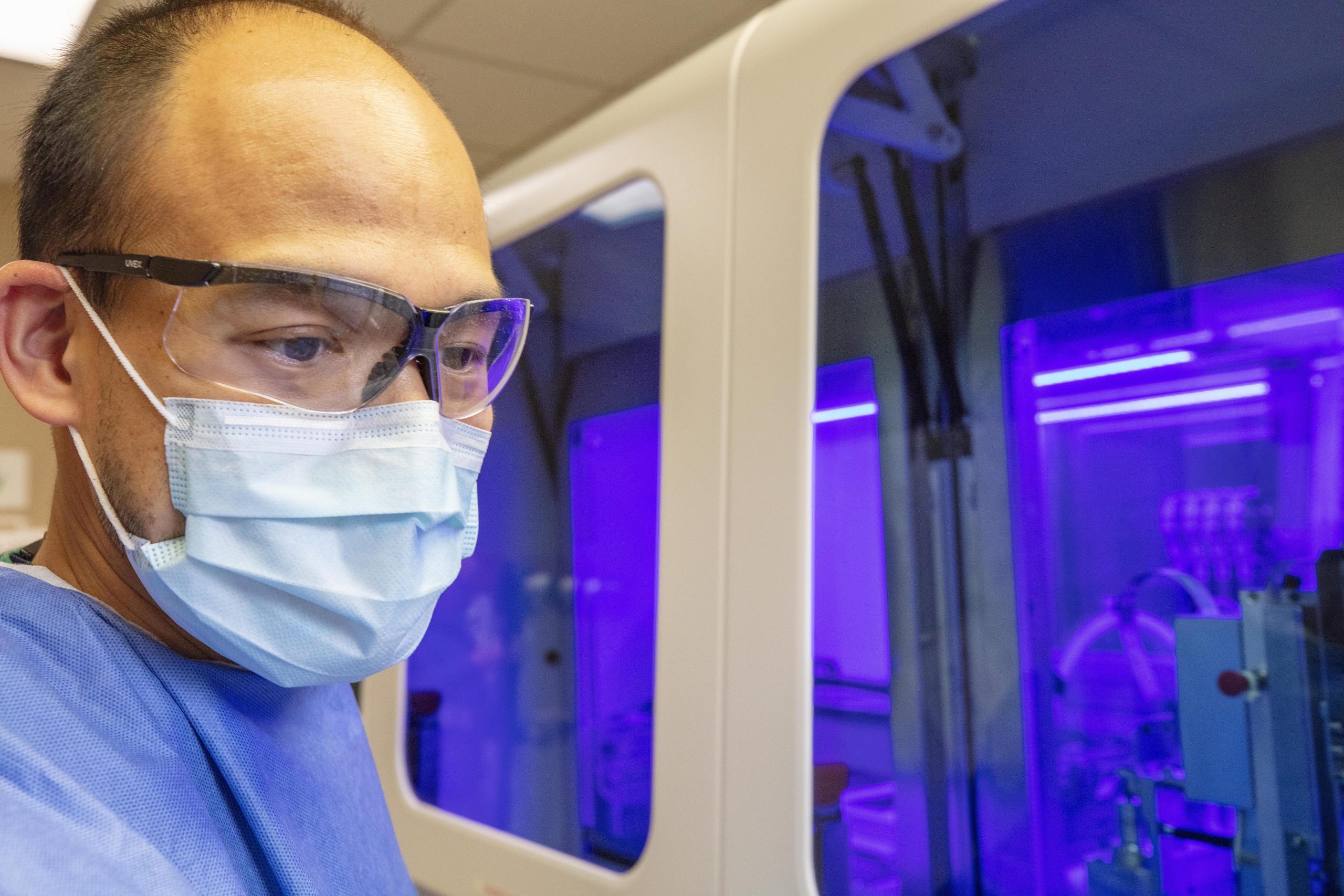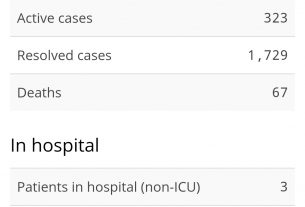**** Health/ Wellness Media Release
No New Cases of COVID-19, Atlantic Travel Bubble Announced

As of today, June 24, Nova Scotia continues to have no active cases of COVID-19. The last new case was identified on June 9.
Earlier today, the Council of Atlantic Premiers announced travel restrictions in Atlantic Canada will be eased as COVID-19 case numbers remain low in each province. Interprovincial travel within Nova Scotia, New Brunswick, Prince Edward Island and Newfoundland and Labrador, without the requirement to self-isolate for Atlantic Canadian residents, will be permitted beginning Friday, July 3.
“Nova Scotians and Atlantic Canadians have worked hard to flatten the curve and we’re now in a place where we can ease restrictions within our region. This will allow families to travel and vacation this summer, boosting our tourism and business sectors. We’re looking forward to welcoming our neighbours back,” said Premier Stephen McNeil. “I encourage Nova Scotians, and all Atlantic Canadians, to follow public health measures in this province and in any neighbouring province they visit. COVID-19 remains a risk and we must do all we can to prevent this virus from getting a stronger foothold in our region.”
All public health directives present in each province must be adhered to, including not traveling if you have any symptoms of COVID-19 and practising physical distancing and good hand hygiene. Each province will choose their own processes to track and monitor travelers.
Visitors from other Canadian provinces and territories must adhere to the local entry requirements in place in each of the four jurisdictions. Other Canadian visitors to the Maritime provinces who have self-isolated for 14 days may travel within the Maritime region.
“The position we find ourselves in today, with no new cases of COVID-19 for 15 days, is because Nova Scotians worked together and made sacrifices to slow the spread,” said Dr. Robert Strang, chief medical officer of health for Nova Scotia. “While our epidemiology continues to trend in the right direction, we can’t let up now. Continue to keep your distance, wash your hands, follow gathering limits and contact 811 if you have symptoms.”
The QEII Health Sciences Centre’s microbiology lab completed 333 Nova Scotia tests on Tuesday, June 23 and is operating 24-hours.
There are no licensed long-term care homes in Nova Scotia with active cases of COVID-19.
To date, Nova Scotia has 51,817 negative test results, 1,061 positive COVID-19 cases, 63 deaths and no active COVID-19 cases. Cases range in age from under 10 to over 90. Nine-hundred and ninety-eight cases are now resolved. Two people are currently in hospital, one of those in ICU. Both patients’ COVID-19 infections are considered resolved but they are being treated in hospital. Cases have been identified in all parts of the province. Cumulative cases by zone may change as data is updated in Panorama.
If you have any one of the following symptoms, visit http://811.novascotia.ca to determine if you should call 811 for further assessment:
- fever (i.e. chills, sweats)
- cough or worsening of a previous cough
- sore throat
- headache
- shortness of breath
- muscle aches
- sneezing
- nasal congestion/runny nose
- hoarse voice
- diarrhea
- unusual fatigue
- loss of sense of smell or taste
- red, purple or blueish lesions on the feet, toes or fingers without clear cause
When a new case of COVID-19 is confirmed, public health works to identify and test people who may have come in close contact with that person. Those individuals who have been confirmed are being directed to self-isolate at home, away from the public, for 14 days.
Anyone who has travelled outside of Nova Scotia must self-isolate for 14 days. As always, any Nova Scotian who develops symptoms of acute respiratory illness should limit their contact with others until they feel better.
It remains important for Nova Scotians to strictly adhere to the public health order and directives – practise good hand washing and other hygiene steps and maintain a physical distance when and where required.
Nova Scotians can find accurate, up-to-date information, handwashing posters and fact sheets at http://novascotia.ca/coronavirus .
Businesses and other organizations can find information to help them safely reopen at http://novascotia.ca/reopening-nova-scotia .
Quick Facts:
- testing numbers are updated daily at http://novascotia.ca/coronavirus
- a state of emergency was declared under the Emergency Management Act on March 22 and extended to June 28
Additional Resources:
Government of Canada: http://canada.ca/coronavirus
Government of Canada information line 1-833-784-4397 (toll-free)
The Mental Health Provincial Crisis Line is available 24/7 to anyone experiencing a mental health or addictions crisis, or someone concerned about them, by calling 1-888-429-8167 (toll-free)
Kids Help Phone is available 24/7 by calling 1-800-668-6868 (toll-free)
For help or information about domestic violence 24/7, call 1-855-225-0220 (toll-free)




